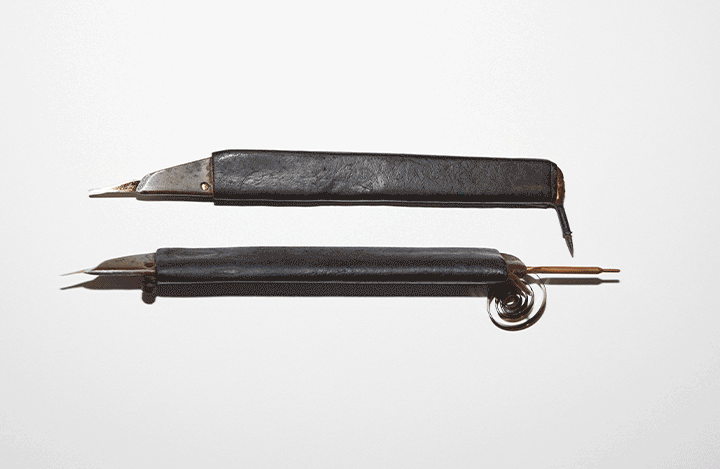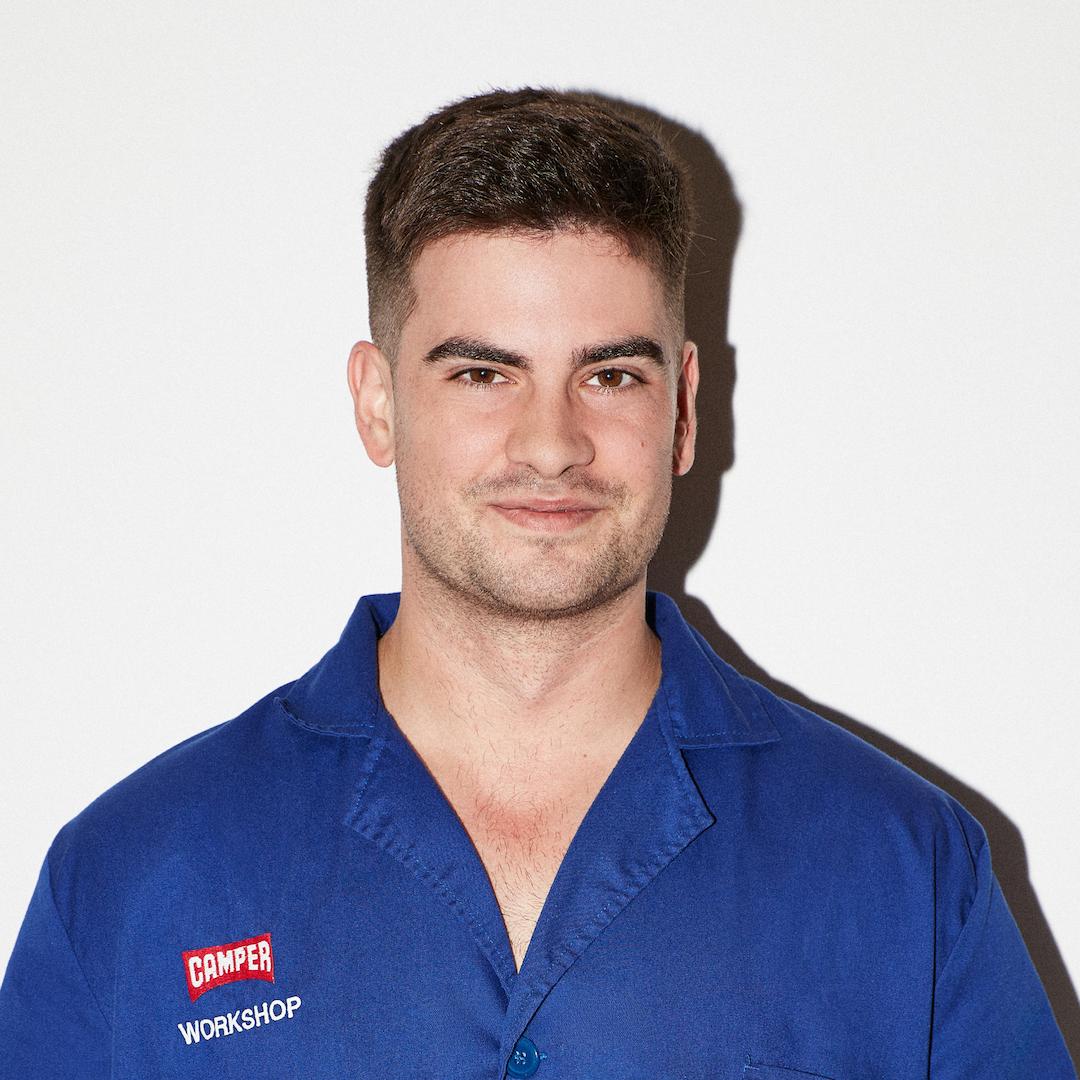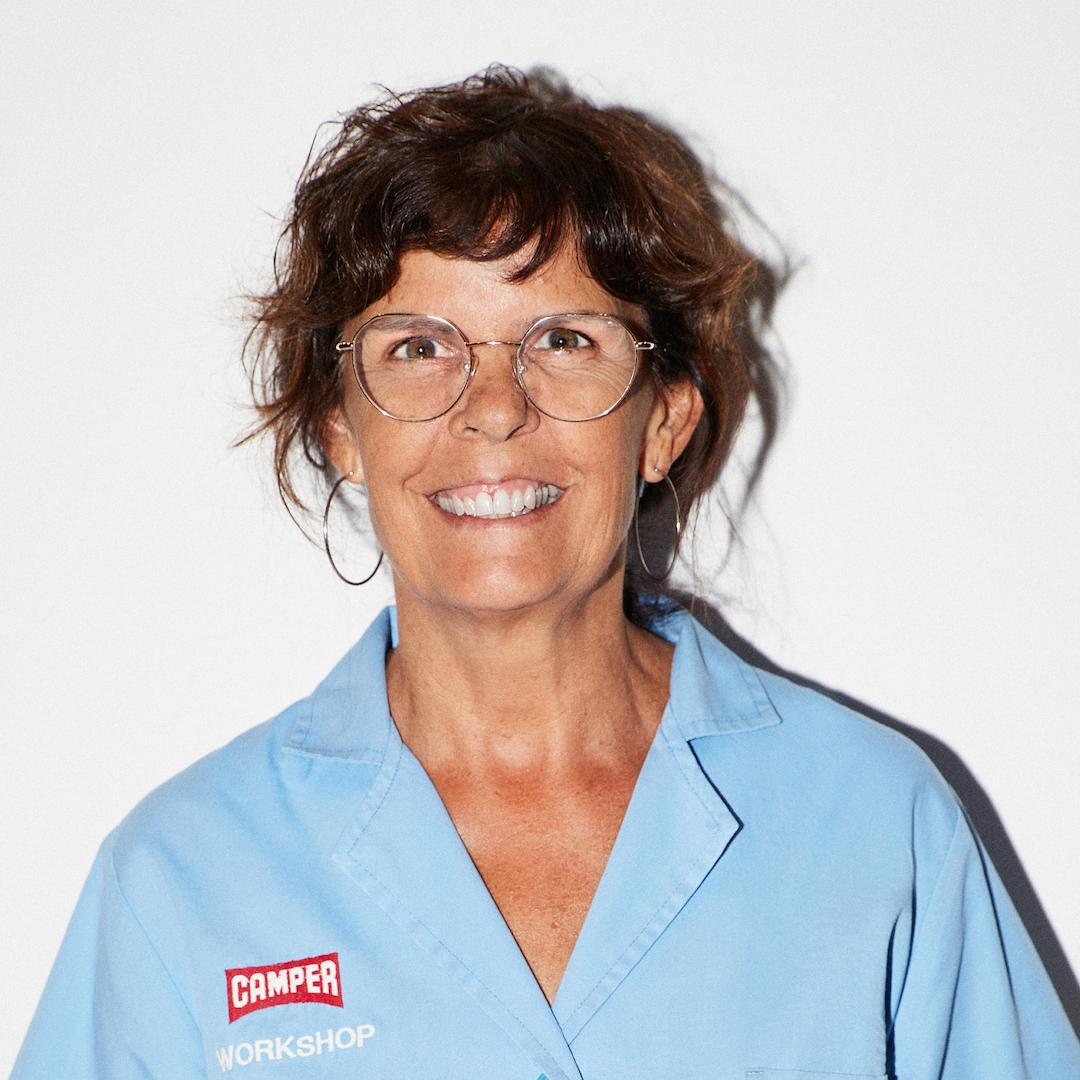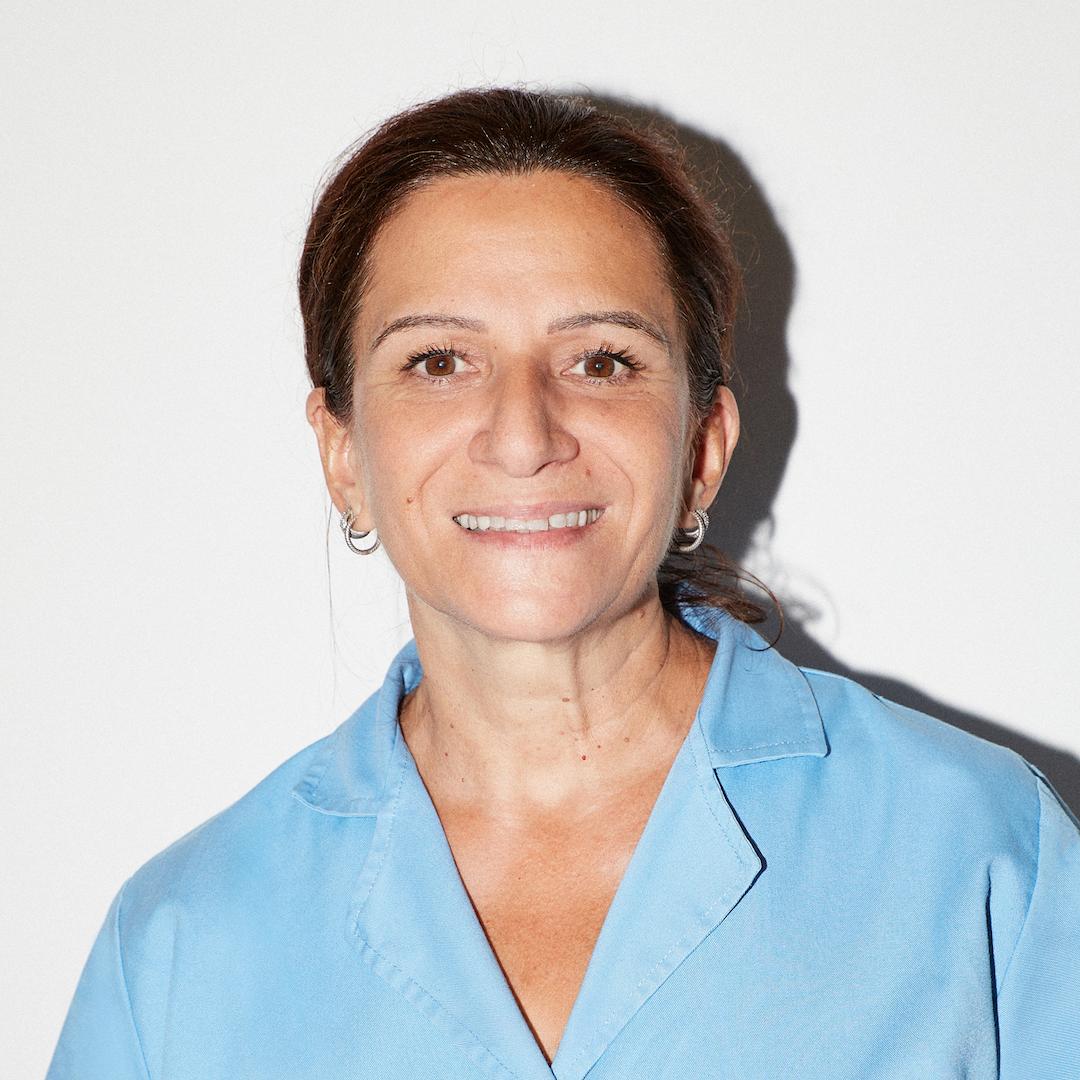Step into El Taller
Inside the workshop where our artisans keep 150 years of shoemaking alive.
Step into El Taller
Inside the workshop where our artisans keep 150 years of shoemaking alive.
El Taller (Spanish for “workshop”), located at our headquarters in Inca, Mallorca, is where our craftsmanship and shoemaking heritage comes to life. Here, our artisans work closely with the design team to build prototypes, test materials, and push new techniques. They also clean and repair worn shoes, customize individual pairs with CamperOne, and create unique collections like ReCrafted.
Back in 1877…
A Mallorcan named Antonio Fluxà came back from England with a machine that changed everything. Two years later, he returned with more and opened Spain’s first mechanized shoe factory, right here in Inca. El Taller is what remains of that tradition, almost 150 years later.



Inside El Taller with Jordi Guirado
We caught up with Camper’s Head of Development to ask what it means to make shoes in 2025.
We caught up with Camper’s Head of Development to ask what it means to make shoes in 2025.
Our artisans get to work at 8 am, and they spend 80% of their time creating prototypes. The rest goes to projects like Shoe Care and ReCrafted. But the most important thing here is working in harmony. We never run.
Because quality takes time. We don’t want ten quick prototypes, we want one perfect one.
Eleven. Most have been with us for ten years, and some, like Juan Cano, Reyes, and Valentina, for over twenty. This year we also welcomed Óscar through our Young Shoemakers program.
It’s designed to make sure our artisans’ skills don’t disappear when they retire. We find young talent and train them in every stage of shoemaking.
Cutting, stitching, lasting, and finishing. Paco hand-cuts all the pieces with custom blades. Fina coordinates the stitching with Paula, Valentina, Cati, and Joana. Toni lasts the shoe over and adds reinforcements. And Juan Cano finishes it off with the sole, stitching, cleaning, and laces.
The steps are the same everywhere. What’s different is that we rely more on the team’s know-how than on technology. We still adjust our machines manually: the same way we did 40 years ago, right here in Inca.
Only forty years ago there were over 50 shoe factories in the area. Sirens would go off at 7 am, when everyone headed to work. Today, there are only three left. We’re proud to keep the full craft alive, from beginning to end. Shoemaking is a trade that’s disappearing all over the world.
Absolutely. In fact, we innovate more than most brands each season, whether it’s with materials, soles, or construction. Having our lasts, engineering, design, and El Taller all in one place means we can experiment and create prototypes in record time. This is very rare in our industry.
We’d been planning it for five years and made it happen for Camper’s 50th anniversary, working with international designer Jasper Morrison, renowned local architect Jaime Lluís Salas, and, of course, our team. The space is now more open, and reconfigured to encourage more collaboration.
I can’t imagine Camper without it. Most brands develop and produce their products directly in Asia. We design and develop everything here first, in one place. That means we can react fast, fine-tune every detail on the spot, and maintain our identity. El Taller is how we stay Camper.
Meet the Team
Eleven artisans. Years of craft. Meet them all.










